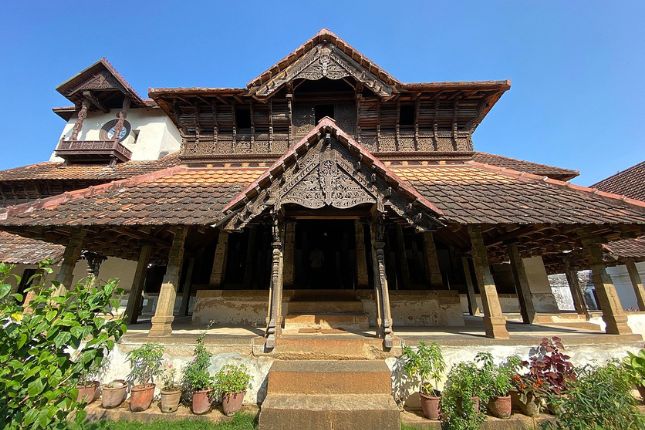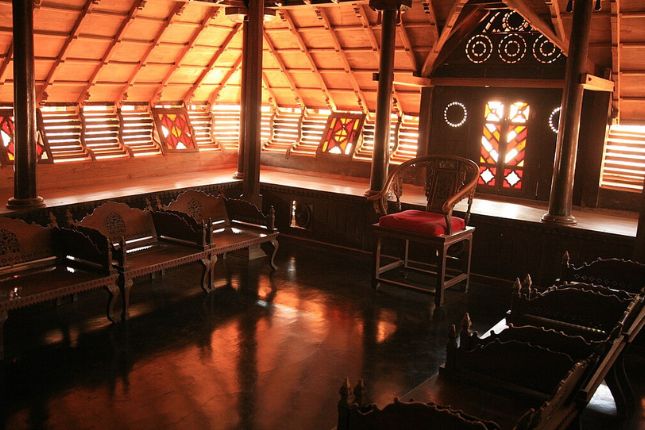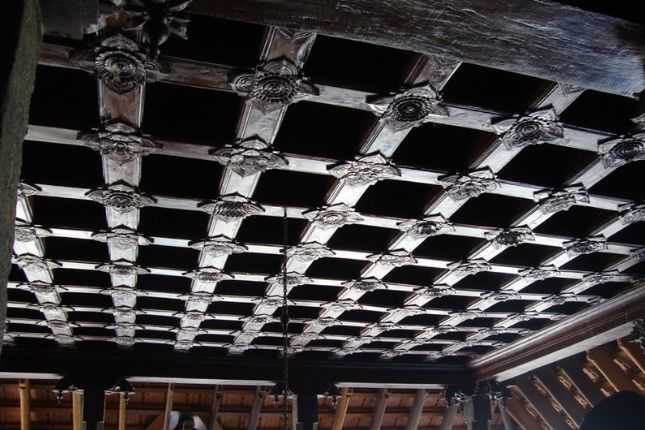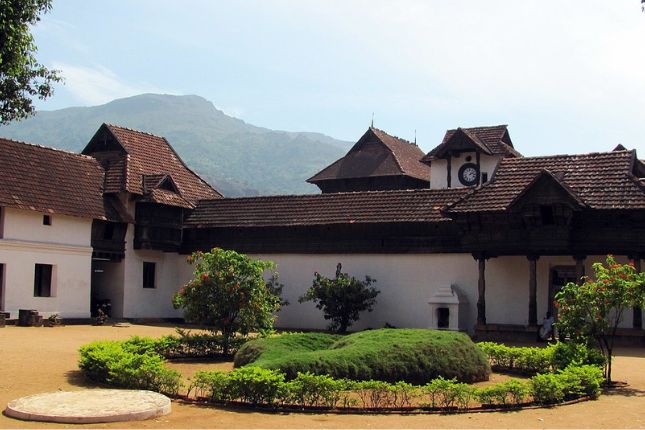Padmanabhapuram Palace Architecture: A Masterpiece of Kerala’s Royal Heritage
Nestled near Thiruvananthapuram, the Padmanabhapuram Palace stands as a timeless symbol of Kerala’s royal legacy and architectural excellence. Famous for its exquisite wooden craftsmanship and cultural significance, this palace offers visitors a glimpse into the opulent lifestyle of the Travancore dynasty. This blog explores the unique Padmanabhapuram Palace architecture and its role in Kerala’s cultural tourism.

History and Origins of Padmanabhapuram Palace
Built in the 16th century by Iravi Varma Kulasekhara Perumal, the palace was the capital of the Travancore kingdom before the capital shifted to Thiruvananthapuram in the 18th century. Its historical importance makes it a must-visit heritage site for travelers exploring Kerala’s royal past.
The Unique Architecture of Padmanabhapuram Palace

The palace is an architectural marvel blending traditional Kerala style with indigenous design. Spanning over four acres and enclosed by a fort wall, it showcases:
- Extensive use of teak wood
- Intricate wooden carvings on ceilings, walls, and columns
- Fortress-like layout reflecting both defense and royal grandeur
- Alignment based on Vaastu Shastra, creating harmony between nature and structure
Intricate Woodwork and Artistic Detailing

Artisans’ craftsmanship is evident throughout the palace—from delicate floral motifs to elaborate depictions of Hindu gods. The palace features:
- The Thekke Kovilakam (Southern Palace) – residential quarters of royalty
- The Vadakke Kovilakam (Northern Palace) – administrative hub
- The Mantrasala (Council Chamber) – with its polished black floor and ornate ceiling carvings
- The Thaikkottaram (Queen Mother’s Palace) – adorned with vibrant murals narrating the Ramayana and Travancore history
Padmanabhapuram Palace and Kerala’s Cultural Tourism
Managed by the Kerala government and the Archaeological Department of India, the palace is a protected monument attracting tourists worldwide. It enriches the Kerala cultural tour packages with its royal charm and historical depth.

Visiting Tips for Padmanabhapuram Palace
- Best visited during the cooler months (October to March)
- Guided tours enhance understanding of its architecture and history
- Combine your visit with nearby cultural sites for a full Kerala heritage experience
Conclusion: A Timeless Architectural Treasure
The Padmanabhapuram Palace architecture reflects Kerala’s rich tradition, artistic mastery, and royal grandeur. As a heritage monument, it offers a captivating journey back to the days of the Travancore kingdom, making it an essential stop in cultural tourism across Kerala.
